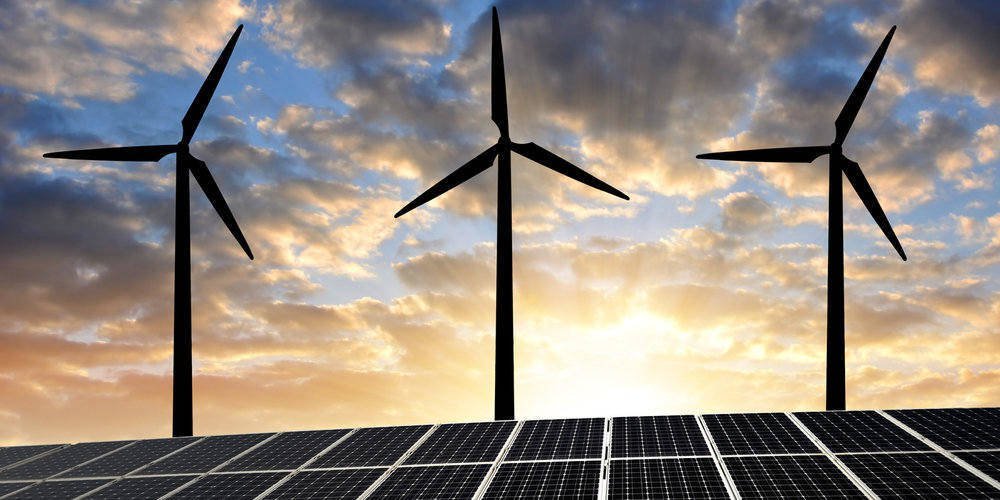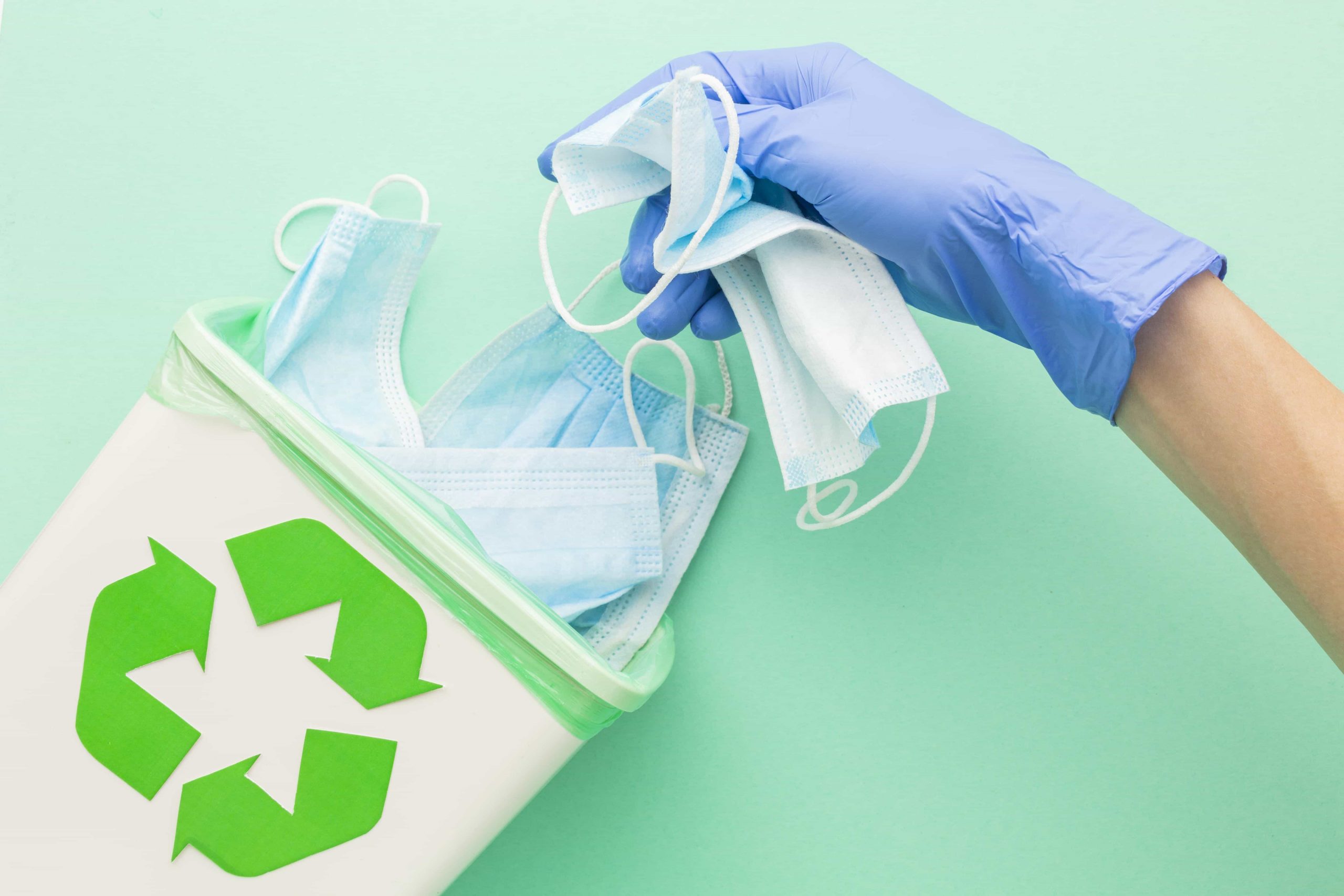A Fresh Perspective on Cold Chain Transport with Our Mobile Active Cooling Solutions: High Interest at FOTEG 2025
05
May
Our mobile active cooling units, introduced at FOTEG Istanbul 2025, attracted significant attention ...
Calibration and Accuracy Tests of Vaccine Cabinets
17
Apr
An important medical material such as a vaccine must be protected and stored with certain standards....
Use of Medical Freezers in Laboratories
05
Apr
Medical freezers are vital in hospitals, laboratories, and similar health sectors. Medical freezers ...
Does the Nutritional Value of Frozen Foods Change?
20
Mar
Certain foods require freezing for specific processes. There are several reasons for this process. M...
What is Sustainable Energy? How to Apply It to Medical Use?
15
Feb
Sustainable energy refers to harnessing power from renewable and inexhaustible resources, enabling u...
How Are Medical Freezers Organized?
08
Feb
Medical freezers are crucial for maintaining the integrity of healthcare products, ensuring they are...
6 Advantages of Medical Freezers
27
Jan
Pharmacies, hospitals and laboratories rely on medical cold stores to preserve medicines and vaccine...
Energy Efficiency in Medical Freezers
19
Jan
Today's medical facilities constantly need energy-efficient solutions. Medical freezers, on the othe...
Pharmaceutical Transportation
30
Dec
Medical products used in the health industry are time sensitive and need to be protected sensitively...
How to Dispose of Medical Waste?
10
Dec
Medical wastes carry risks from the moment they are produced. Because they interact with people and ...
Maintenance of Blood Bank Refrigerator
17
Nov
Blood bank refrigerators are cabinets designed for blood storage in blood centers, laboratories, and...
13 Different Medical Devices Used in Hospitals
10
Nov
Hospitals can be defined as health institutions where diseases are diagnosed and treated. Therefore,...












